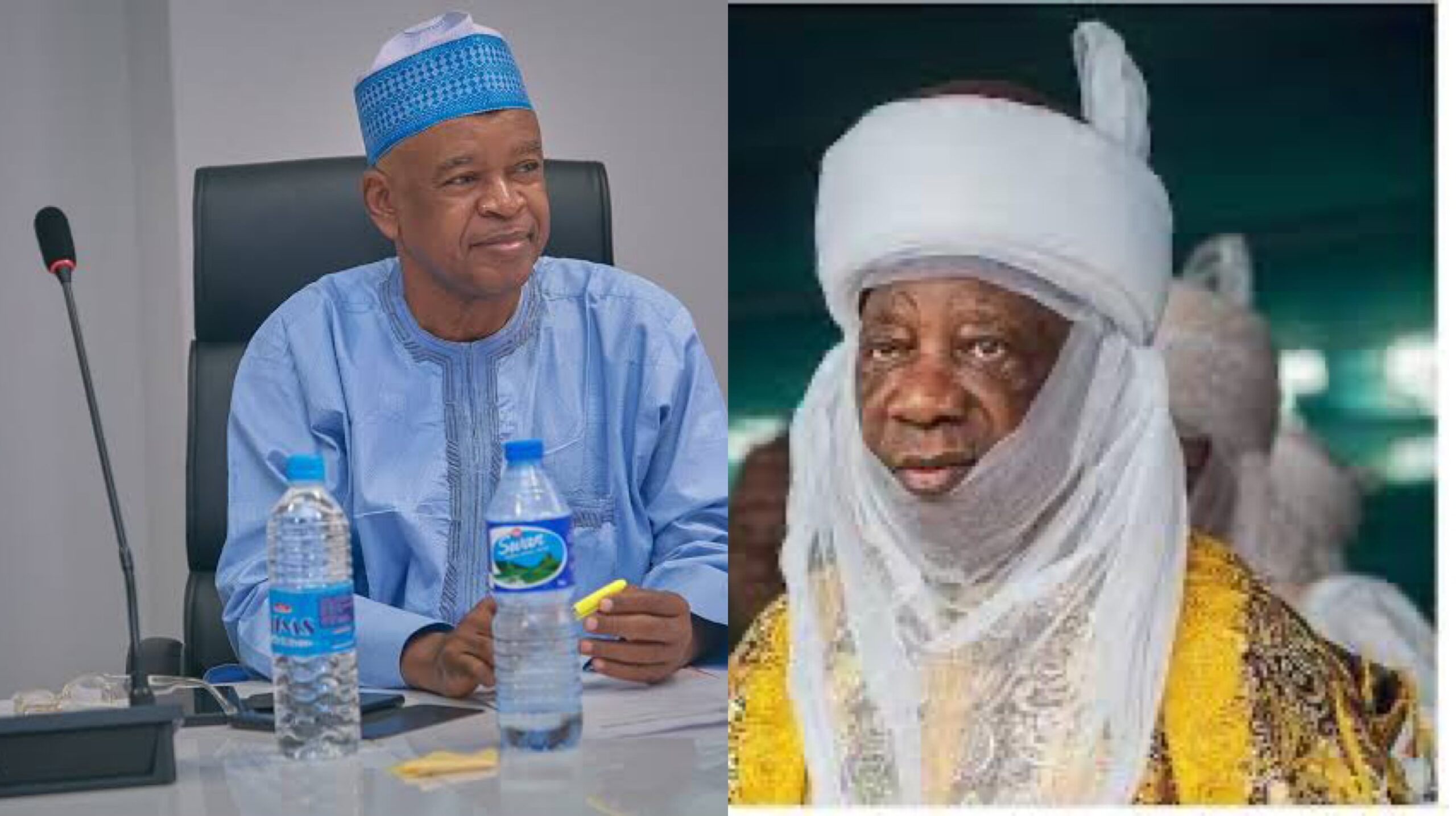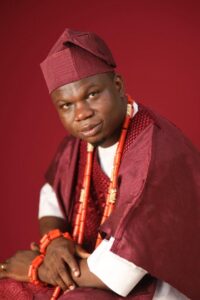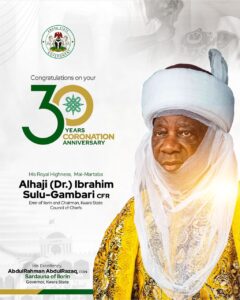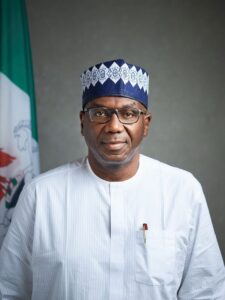
This is the third and final part of my tribute to Emir Ibrahim Sulu-Gambari CFR, a trailblazer. Before proceeding, I would like to correct some details from my previous tribute regarding his academic journey, career progression, and history.
Emir Sulu-Gambari truly attended Offa Grammar School but left in Form 4 due to circumstances that led him to the UK, where he completed his secondary education and pursued higher education, earning a Master’s degree before returning to Nigeria to attend Law School.
Notably, he has served as Chancellor of several universities, including Nnamdi Azikiwe University, Awka; University of Agriculture, Makurdi; and Bayero University, Kano.
Undoubtedly, he belongs to the Shuaibu Bawa lineage. Emir Bawa had three male children: Abdulkadir, who succeeded him as the 8th Emir of Ilorin; Mohammed Laofe, who became the District Head of Lanwa; and Alao Omo-Oloni, who became the District Head of Ballah.
The Emir’s career included working with the prominent law firm of H.O. Davies while practicing law privately in Lagos. His era has witnessed many landmark achievements, but this tribute can only sketch over a few of them.
One significant impact of the Emir’s tenure was his directive given to the Ilorin Descendants Progressive Union (IDPU) to change its name to the Ilorin Emirate Progressive Union (IEPU), reflecting the Emirate’s composition of five Local Government Areas. This move showcased the Emir’s unifying efforts. Additionally, he introduced the tradition of rotating the IEPU’s annual conferences, which has since been maintained, as he personally attends the conferences held in the headquarters of the five Emirate Local Government Areas on a rotational basis.
The Emir’s era has seen a significant number of honorary titles conferred upon deserving individuals, including non-Ilorin indigenes, highlighting the Emirate’s growth and inclusivity. He has revived the durbar tradition, which holds immediately after every Eid-al-Adha festival, fostering unity among the Emirate’s people.
As a religious leader, he prioritises the central mosque, which has been renovated under him to become a notable landmark in the emirate. The mosque serves as a spiritual hub for Muslims in Ilorin and its environs. Both the mosque and palace symbolize unity and serve as centres for discussing important issues affecting the Emirate and finding solutions to communal problems.
The Emir’s palace hosts and honours high-profile visitors, showcasing its significance to the people. The Emirate people’s reverence for traditional institutions is unparalleled, with the stool of Ilorin wielding considerable influence over community issues and enjoying an uncommon place and loyalty among the people of the emirate. However, the Emir exercises restraint in handling issues, often forgiving and welcoming individuals who apologise for their mistakes.
This portrayal highlights the Emir’s leadership style, emphasizing unity, forgiveness, and community cohesion. The Emirate, like any other area, has had its fair share of challenges, but the Emir’s commitment to peace has shone through. He is always calm and steadfast in preserving the heritage entrusted to him. This virtue of being a lover of peace has been imbibed by the four Baloguns and other palace officials who work directly with him.
One lesser-known aspect of the Emir is his intellectual prowess, which allows him to engage in stimulating conversations when time permits. He is also a good reader and editor who meticulously reviews written materials presented to him. As the custodian of the culture and traditions of Ilorin, all are welcome to the palace, and the Emir is ever ready to receive visitors, especially those with value additions to make to his community.
I recall that during my first encounter with him, he was surprised by my surname and remarked in Yoruba, “Oloruko awon agbalagba ni,” meaning that he is the namesake of the founder of the palace, Sheikh Solihu Ibn Junta. Since then, I have been a regular visitor to the palace, but I am mindful of not abusing the privilege that I have in the palace.
On another occasion, I raised the issue of the town’s expansion and its implications with him, and he assured me that something would be done about the matter. Overall, the Emir is charming, which is reflected in the number of friends he has among traditional rulers in the country. For example, the late Alaafin of Oyo, Oba Lamidi Adeyemi, was his friend. As a ranking Emir in the north, he has many friends among members of traditional institutions there too, including the Etsu Nupe whom he once sent me to, to deliver a message.
Happy birthday to the ever-calm and versatile Emir. I pray for more life for him in good health, so that the Emirate can reap more benefits from his impactful leadership.
Professor Hassan A. Saliu
Political Science
University of Ilorin
1st May 2025





